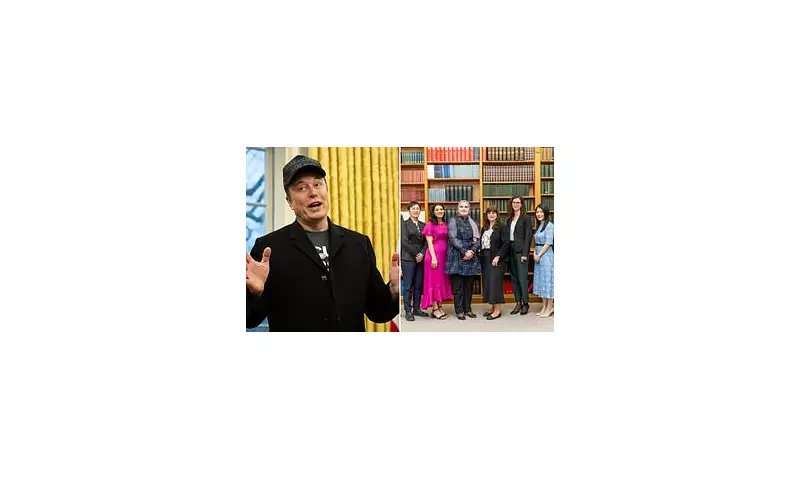
The prestigious Royal Society is embroiled in a fierce row over inclusivity and the definition of womanhood after it was revealed its flagship award for women in science is open to biological males who identify as female.
The move has sparked outrage among academics and feminist groups, who accuse the 363-year-old institution of 'erasing women' and undermining the very purpose of an award designed to champion female scientists in a male-dominated field.
Supreme Court Judge at the Centre of the Storm
The controversy deepened with the disclosure that Supreme Court judge Lady Haldane, who presided over the landmark case that made it easier for people to change their legal sex, is a member of the award's selection committee. Critics argue this creates a clear conflict of interest and signals the society's predetermined stance on the issue.
Prominent voices, including author JK Rowling, have condemned the policy. Rowling stated the decision 'takes aim at women's hard-won rights and opportunities,' a sentiment echoed by many who see it as a betrayal of female researchers.
A 'Kick in the Teeth' for Female Scientists
Critics argue that allowing entrants who were born male into a award specifically for women defeats its objective. 'It is a kick in the teeth for every woman who has faced discrimination and fought for a place in the lab,' said one academic. They contend that the policy ignores the systemic barriers and structural sexism that female scientists have historically faced and continue to confront.
The Royal Society has defended its position, stating its eligibility criteria are based on an individual's gender identity, not their sex assigned at birth. A spokesperson said the institution is committed to inclusivity and supporting underrepresented groups within STEM.
A Broader Cultural Battle
This incident is not isolated. It places the Royal Society firmly in the middle of the UK's intense cultural debate surrounding gender identity. The society finds itself following in the footsteps of other organisations, like the Royal Academy of Engineering, which have faced similar criticism for their trans-inclusive policies on single-sex awards and initiatives.
The backlash underscores the ongoing tension between efforts to promote trans rights and the protection of single-sex spaces and recognition meant for biological women. As the debate rages on, many are calling for the Royal Society to reverse its decision, arguing that true equality cannot be achieved by dismantling dedicated support for women.





